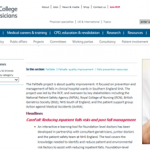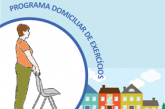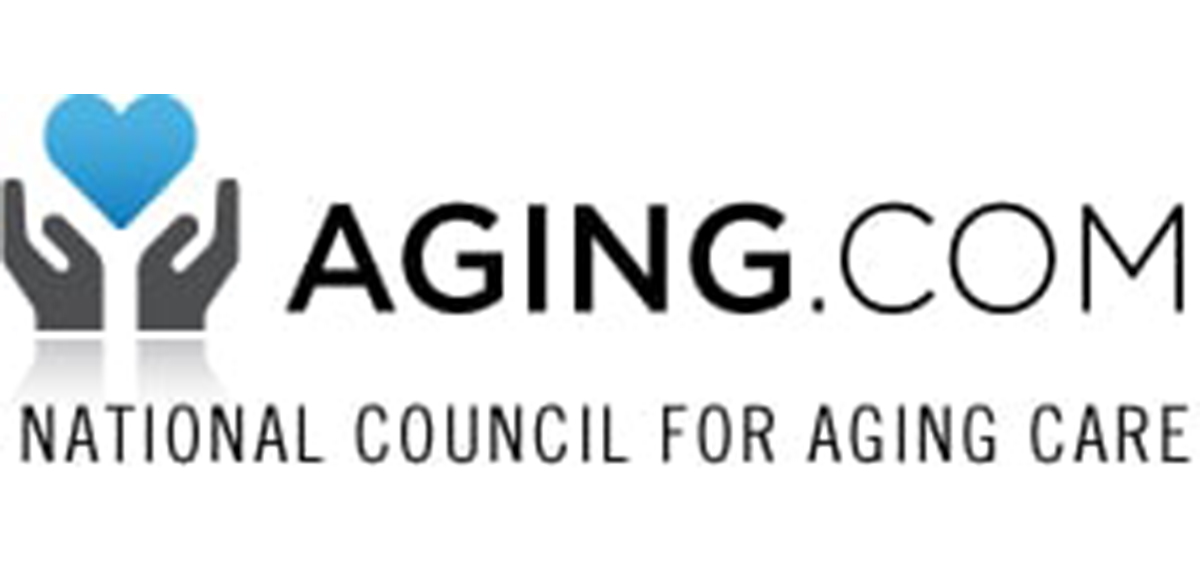The FallSafe project is concerned with enhanced quality improvement. The project focused on prevention and management of falls in clinical hospital wards through the implementation of evidence-based multifactorial falls prevention, delivered as care bundles, across 17 wards in a variety of hospital settings across the South Central region of England. Compliance of delivery of the care bundle was reported monthly and incorporated methods such as PDSA cycles (Plan-Do-Study-Act) to identify areas for improvement by FallSafe leads.
The care bundle consisted of nine process measures such as:
- ensuring that patients have the right walking aids available, and that they can reach them
- ensuring patients wearing the appropriate footwear
- ensuring patients have their glasses with them
- ensuring patients are aware of where the bathroom is
- checking that they are not taking medication that will make them more liable to fall, such as sleeping tablets
- asking about fear of falling
- checking their lying/standing blood pressure
- carrying out a medication review
- taking into account night-time sedation
Key findings
The care bundle approach to preventing falls was effective at delivering improvements in processes of care that are important for falls prevention and patients’ wellbeing.
There were clear improvements in some interventions for example more than twice as many patients received assessments to identify causes of falls related to cardiovascular problems, medication or urinary tract infection.
The project demonstrated that staff nurses and junior sister/charge nurses can lead quality improvement projects and succeed in changing the behaviour of their peers and both junior and senior staff. The project also demonstrated that the care bundles can be used across a wide range of inpatient settings for example mental health units as well as acute units.
Successes
- After figures were adjusted for under-reporting rates the project reduced falls by 25%, which means it achieved similar results to much more extensively resourced research interventions.
- After adjusting for increases in falls reporting the project succeeded in reducing the number of falls by 25%.
- Local FallSafe leads’ confidence, knowledge and skills were enhanced by their roles. They created a supportive peer group and readily shared learning with each other.
- Wards reported that staff attitudes to falls prevention had been transformed from fatalism to enthusiasm and patients said the FallSafe approach made them feel happy and safe.
- An e-learning package has been produced that will make the FallSafe approach available to staff in NHS trusts in England and Wales.
- NICE (the National Institute for Health and Clinical Excellence) has requested the project findings to facilitate their updated guidance for the prevention of falls in older people.
Challenges
- Staff turnover on the project was higher than anticipated. FallSafe leads flourished in terms of their self-confidence and leadership skills which sometimes resulted in them being promoted and leaving the project.
- Effort is needed to shift staff thinking to perceive falls prevention as a shared responsibility. Engaging staff is especially problematic on wards where the general staff morale is low.
- Finding time to implement and measure improvements in the quality of care amongst competing priorities is a challenge, especially on wards with high turnover of staff or high numbers of temporary staff.
- It is important that quality improvement training which facilitates engagement with the Plan-Do-Study-Act (PDSA) cycle is delivered at an appropriate level.
- Demystifying the quality improvement process is important for facilitating staff engagement, e.g. promoting Plan-Do-Study-Act (PDSA) not as a technical or scientific process but as an extension of what the staff have been doing throughout their professional working lives.
The FallSafe project team has developed a resource pack about falls prevention which includes items such as the FallSafe care bundle, how to get started and an e-learning course CD.
Some resources are available from the RCP website. If a full resource pack is required, please email your full postal details to [email protected].
http://www.rcplondon.ac.uk/projects/fallsafe



